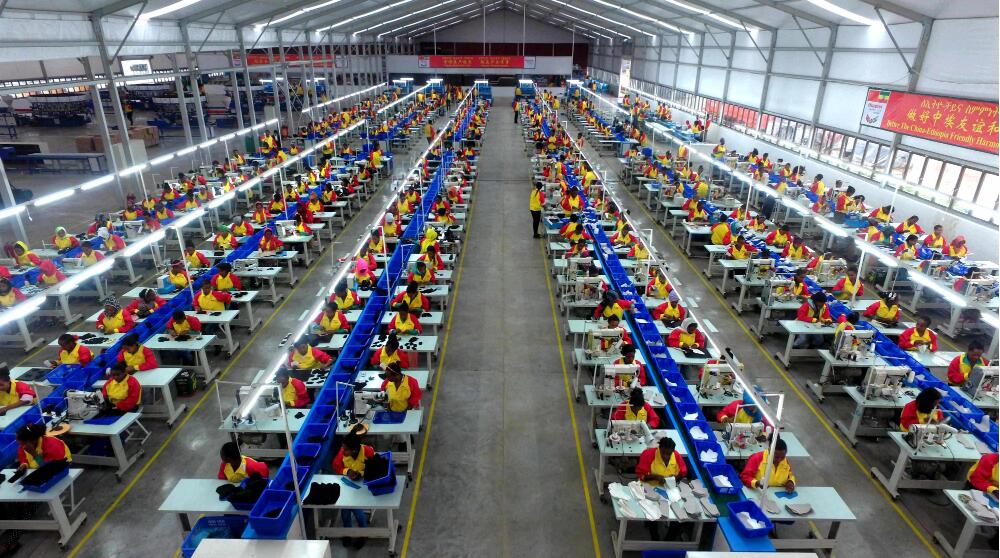International
Red Sea Crisis Disrupts Chinese Business in Africa

The ongoing conflict in the Red Sea, fueled by Houthi militant attacks, has created severe disruptions for Chinese businesses and investments in Africa, particularly in East Africa. The crisis jeopardizes the stability of vital trade routes, forcing traders and companies to reassess their strategies in the region.
The Economic Impact
China has substantial investments in Africa, with direct investment reaching US$5 billion in 2021 after steadily increasing from just US$75 million in 2003. The Red Sea crisis has significantly impacted this investment. Chinese companies operating in East Africa now face production delays and challenges because alternative, more expensive transport routes are their only options for safely importing and exporting goods. But these alternative ways are scarce and expensive, as moving goods by land from Ethiopia is very complicated and extremely ineffective.
Chinese companies in Ethiopia do not have many alternatives to shipping via Red Sea commercial routes, and so they are choosing to strategically reduce productive output.
These additional costs threaten profits. According to Gary Lau of the Hong Kong Association of Freight Forwarding and Logistics, Chinese companies are navigating these disruptions, scrambling to find contingency plans, and generally facing heightened uncertainty about continued operations.
The Costs of Circumventing the Red Sea
To avoid the instability of the Red Sea, Chinese traders are often forced to use “feeder” shipping lines, smaller vessels that transport goods between major ports. This requires offloading cargo in places like India or Pakistan, adding both time (1-2 weeks) and cost (US $100-$200 per container). With shipping rates already surging due to other global factors, this crisis adds significantly to transportation costs.
China Turns to Diplomacy Amid Ongoing Instability
China is acutely aware of the economic damage the Red Sea crisis is inflicting. It recently deployed a diplomat to Saudi Arabia and Oman, two of the major players directly invested in the conflict. The goal is to restore safety to the region and protect Chinese economic interests. However, analysts suggest limited potential for success due to China’s reluctance to become entangled in the core issues driving the Israel-Gaza conflict.
The Big Picture
China has steadily grown its influence and investment in Africa, establishing itself as a major economic force on the continent. The Red Sea crisis is a significant setback to this expansion. For Chinese businesses operating in the region, the current situation means higher costs, supply chain disruptions, and a need for immediate, often expensive, solutions.
While China seeks to broker some stability, the complex political landscape of the region may limit its ability to achieve real resolutions. As long as this instability continues, Chinese-African trade links face ongoing challenges and uncertainty.
Looking Forward
The outcome of China’s diplomatic efforts and the overall longevity of the Red Sea crisis remain to be seen. How Chinese companies adapt and whether they manage to maintain long-term, profitable operations in the affected African countries will be a major indicator of this crisis’s ultimate economic impact.






